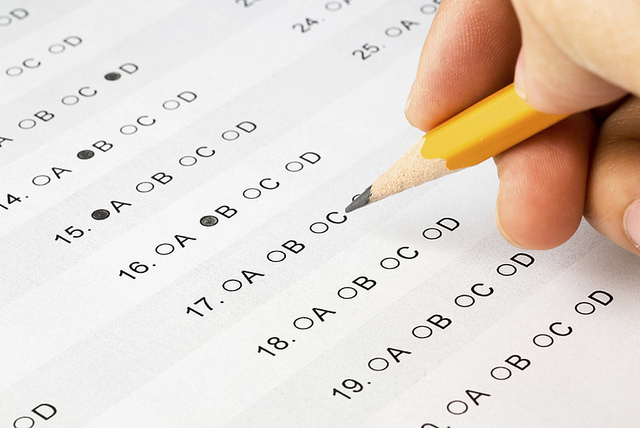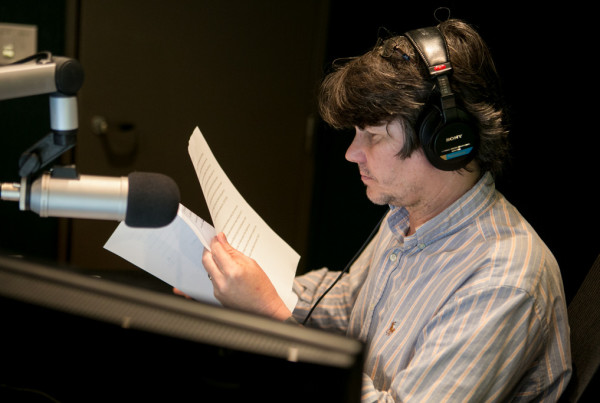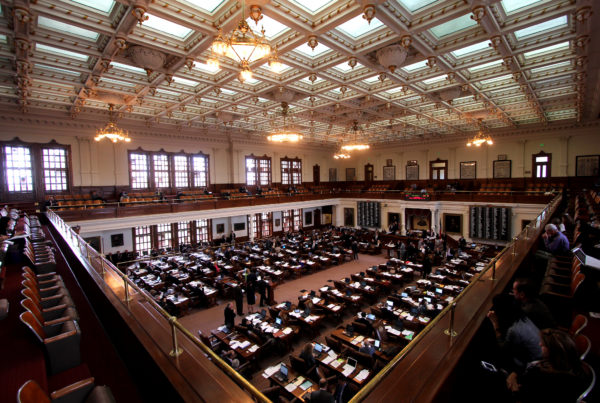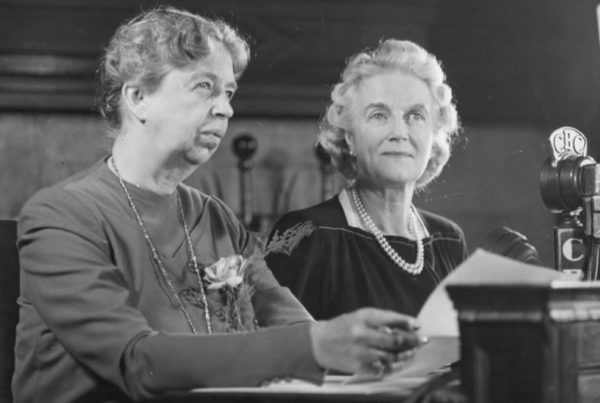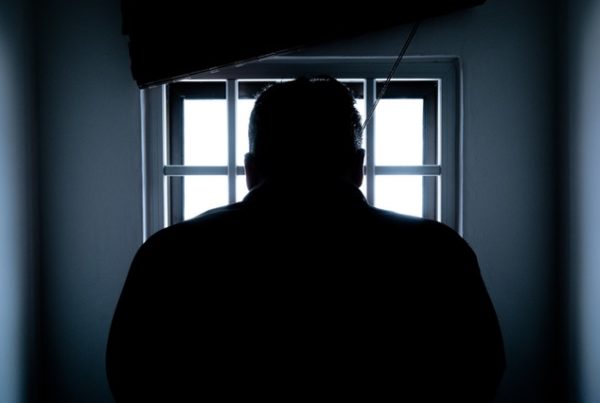The first round of this year’s STAAR tests are in, and results are mixed: fifth and eighth graders showed improvement in math, but reading scores dipped for both groups.
But STAAR results might not matter as much in the future. Bills working their way through both the Texas House and Senate could weaken standardized testing requirements in several different ways.
“Overall the sentiment seems to be that lawmakers are frustrated with the tests, and they’re frustrated with over-testing of students,” Dallas Morning News education reporter Eva-Marie Ayala says.
House Bill 1333 – which the House Public Education Committee passed Monday – would get rid of tests not required by the federal government.
“Essentially it would reduce five of the high school tests down to three,” Ayala says. “And then it would eliminate some of the writing tests and social studies tests in the elementary and middle school grades.”
That marks a shift from the past when it comes to attitudes about standardized testing in the state. Texas once paved the way for standardized testing in the U.S.
“For years, Texas was the big push – ramping up how much testing is being done across the board,” Ayala says. “When George (W.) Bush became president, he kind of took some of that model and created No Child Left Behind, which pushed some of that testing nationwide.”
But in recent years, there’s been pushback over the sheer amount of testing students must endure, and whether it’s a fair assessment of academic growth.
“Parents feel like their students are being over-tested and feel like there’s a lot of pressure just to constantly have the focus be on tests,” Ayala says. “And there are a few teachers that have come out and said, ‘That’s how I know what my students know and don’t know.’ So there’s kind of a bit of a balance.”


